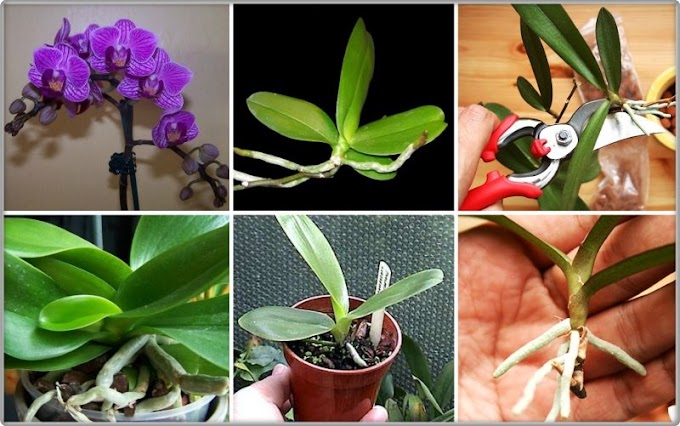The leaves are relatively smooth, but the margins of the leaves have small, sharp thorns on them 5 mm long, 10 mm apart. Racemes cylindrical, 35 cm long, up to 10 branches. The leaves have an almost bluish hue. The inflorescence, is branched-sometimes up to a dozen flower spikes can be seen emerging from the crown. The flower spikes are erect in their growth form. Flower colour ranges from dull, brick-red to pinky red. Pure yellow flowers are very rarely seen.
- Scientific name: Aloe falcata Baker
- Common names: Vanrhynsdorp aloe
- Family: Asphodelaceae
- Subfamily: Asphodeloideae
- Genus: ALOE
- Species: A. falcata
Origin: Aloe falcata native to South Africa.
Hardiness:
Hardiness Zone USDA: 9b-11. Hardy to 29° F.
 |
| source pic: Inaturalist.org |
How to Grow and Care
Aloe is a very forgiving plant, and a well-grown Aloe can be quite beautiful. As with all succulents, it’s essential that Aloe is never allowed to sit in stagnant water, and the plant should be carefully monitored to watch for signs of overwatering.
Water generously in the summer and nearly cease watering in the winter. Do not let water stand in the rosettes. Prefers warmer temperatures of 70ºF/21ºC to 80ºF/27ºC, but will survive down to 40ºF/4.5ºC.
Aloe are not particularly fast-growing and will only rarely need repotting. Repot plants in the spring that are tipping over their pots or have ceased growing. Use a fast-draining potting mix with one-third sand or pebbles. During repotting of a larger plant, it is possible to carefully divide the root ball. Some kinds of aloe will send off off-sets that can be potted independently…
– Learn more at: HOW TO GROW AND CARE ALOE
 |
| source pic: agaveville.org |
 |
| source pic: agaveville.org |
 |
| source pic: agaveville.org |
Links
Back to genus: ALOE
SUCCULENT PLANTS: Browse succulents by Scientific Name, Common Name, Genus, Family, USDA Hardiness Zone, Origin, or cacti by Genus
SUCCULENT PLANTS: Browse succulents by Scientific Name, Common Name, Genus, Family, USDA Hardiness Zone, Origin, or cacti by Genus



